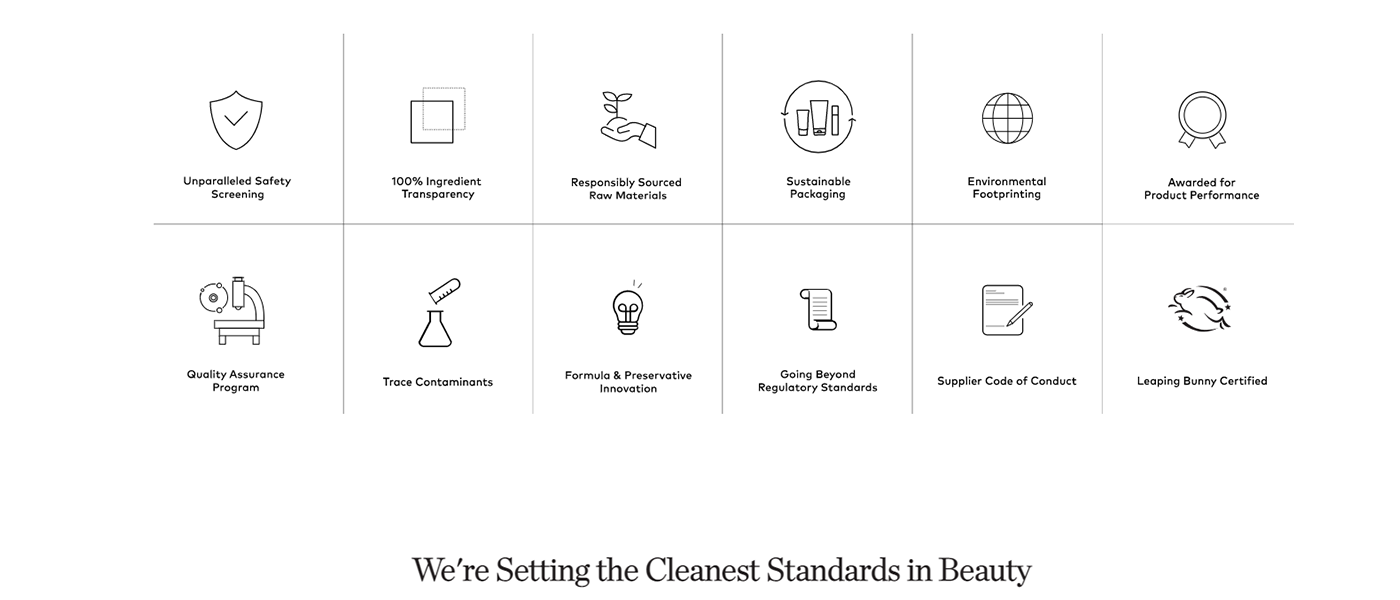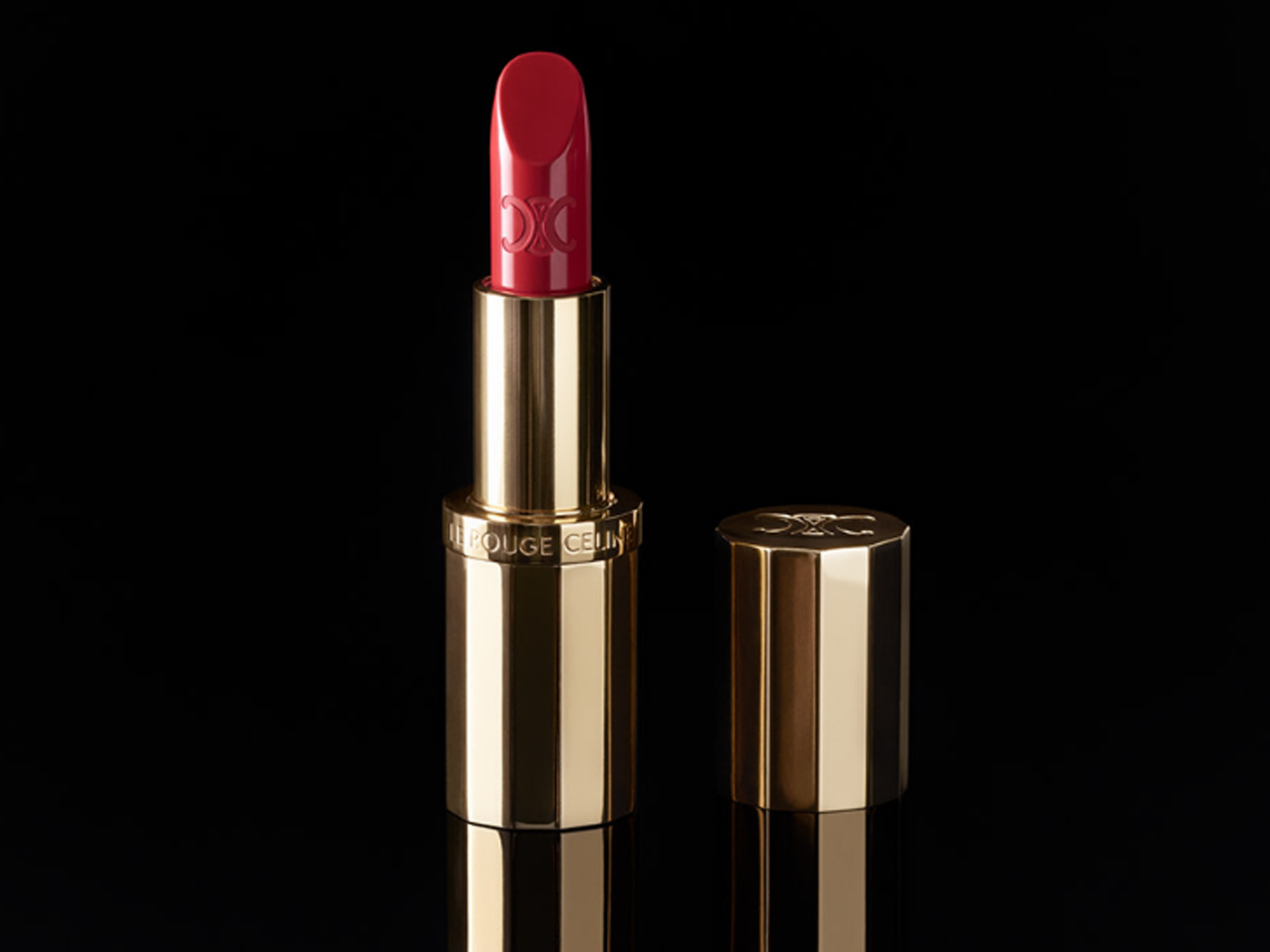Since its inception, Beautycounter has been about so much more than what’s inside the bottle, putting the planet and people first. That’s why they launched as a Certified B Corporation in 2013. Today, Beautycounter’s B Corporation score is the highest it’s ever been. The median score is 50.9 and Beautycounter recently landed a score of 97.7.
“It was really exciting because we have been focusing on a bunch of initiatives,” said Gregg Renfrew, Founder and Executive Chair of Beautycounter. “From day one, we’ve always been a B-Corp, but we finally got to a higher level. We’re more than halfway towards our 2025 goal of 100 percent recyclable packaging. Over the last couple of years, we’ve been focused on recyclability, refillable products and getting out of virgin plastic. We were able to achieve that through taking some of our more traditional products that we’ve had since the beginning and putting them into new, more sustainable packaging. We also launched two products last year, Clean Deo and Cheeky Clean Blush, that are in refillable packaging, so that helped us get there.”
Beautycounter has made strides beyond sustainable packaging, as proven by its newly released The 2021 Social Mission Report. The company has also made headway in their goal to being carbon neutral by 2030. “It’s not about making an investment in the carbon fund and saying we’re carbon neutral—we’re actually trying to become truly carbon neutral,” Renfrew said. “We’re trying to be incredibly transparent and getting to the root issues and [instill] systemic change. Those are a few of the things that we’ve been focused on over the last year.”
Known for their strict and comprehensive clean ingredient list, with more than 1800 banned ingredients, in 2021 Beautycounter was dedicated to formulating all new product lines without talc. “Given the increasing uncertainty around the ingredient and with respect to certain lawsuits that have transpired in the past, and because of the consumers’ lack of comfort, we decided to move away from it,” Gregg said. “When we look at restricted ingredients, there are chemicals that are known to cause harm, there are chemicals that just don’t have enough information, there are those that may have some environmental impact, or maybe something that we don’t like about it. There also are those that consumers are uncomfortable with. We take all those things into consideration as we create the list of ingredients we choose not to formulate with.”
Another feat for Beautycounter was helping to pass a cosmetic act prohibiting the use of 24 Never List ingredients in Maryland. Over the last few years, the brand has been involved in about 10 pieces of legislation in five states and they’re working toward a major federal law. “Our advocacy efforts are on both the state and federal level and they can be beyond cosmetics,” Gregg said. “We’ve worked on toys for children and things like that. We’re looking at how we help states, and hopefully the federal government, remove chemicals of concern. We utilize our clients and community members in those respective states and our team here to help move legislation along and make sure that we help them recognize the importance of this work and the concerns that are surrounding this issue. That was another win for us as a company.”
An additional ongoing mission for Beautycounter is clean ingredient education. As part of that effort, in 2018 the brand launched an investigation into their mica supply chain, which is often linked to unethical practices. It utilizes blockchain technology to help brands understand who mined, processed, and shipped their mica. As part of their efforts to inform other companies and consumers, the brand introduced a Mica Toolkit in 2021 to help share best practices.
“When I started Beautycounter, most Americans had no idea that there were chemicals of concern in the products they used every day,” Gregg said. “We’re educators; we want to arm people with information so that they can make better and more informed choices. We combine that with our formulations, using commerce as an engine for change. We’re trying to bring consumers along this journey with us, as opposed to doing what has been done for many, many years: trading on beauty secrets. We don’t believe in beauty secrets; we believe in informing and arming with information.”




